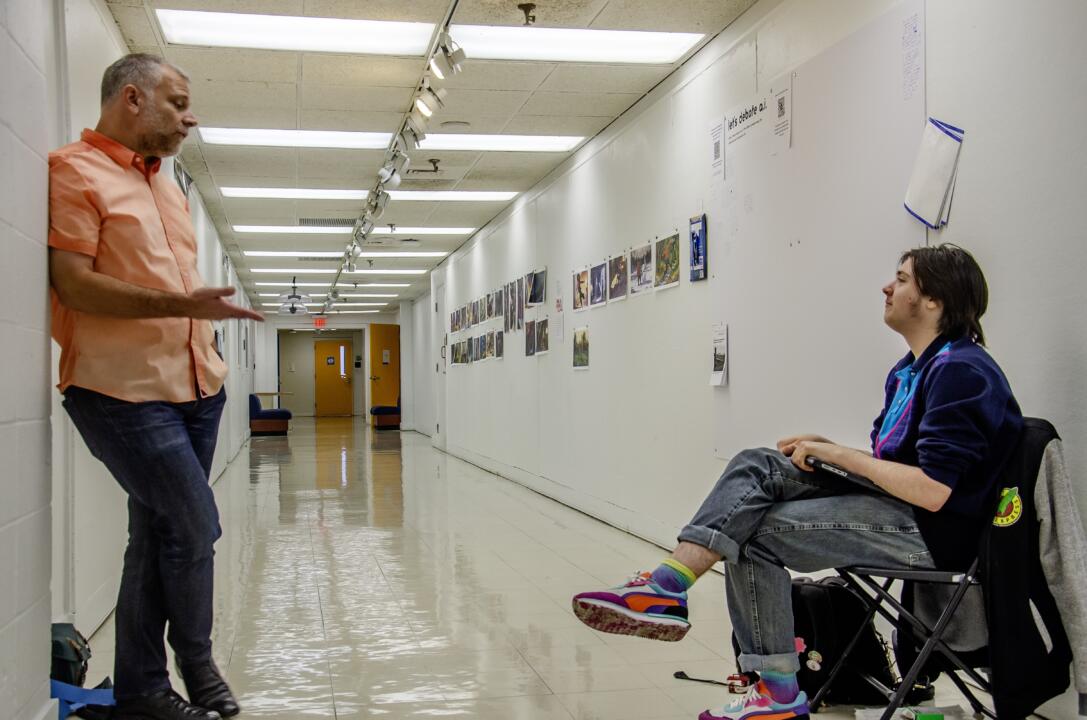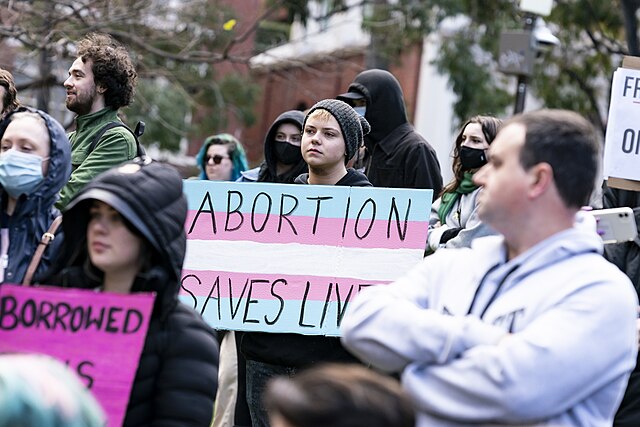When the University of Maryland, Baltimore County’s Counseling Center shut its door in March, most of the services were transitioned online. However, it took the summer for counselors to work through the logistics to transition group therapy into the world of online medicine. With problems with ensuring confidentiality, following medical licensing regulations and training counselors on online therapy solved, the Counseling Center will roll out the majority of its online therapy groups in the next three weeks.
Each group has its own locked Webex room that can only be accessed by the facilitating counselor and the group’s members. To continue the in-person group therapy philosophy of “Whatever’s said in group, stays in group” and to ensure patient confidentiality, the Counseling Center requires members to turn on cameras and audio and requires them to be in a private space that no roommates or family would walk into unexpectedly.
“It was challenging from a technical sense,” said Director of Health and Counseling Dr. Bruce Herman. “But it felt like it was worth managing because one of the main things people are struggling with is being isolated, so having a place where people could get together and have real conversations with the things they’re dealing with felt really important.”
Most of the Counseling Center’s popular groups will be transitioned online, including its Women of Color group and its Self Help group. The Trans Support group already began on Sept. 4.
As a direct result of the pandemic, the Counseling Center created the Connecting While Apart group, a group, divided into an undergraduate section and a graduate section, that focuses isolation, loneliness and loss as a result of the pandemic.
“These groups are designed to think about giving students a place to talk about feeling lonely, isolated or disconnected,” said Coordinator of Group Services, interim Externship Coordinator and staff psychologist Dr. Kevin Tabb. “Or about a lot of the challenges we hear from students about adjusting to doing school online or just a lot of things people have lost both losing family members during the pandemic but also just opportunities like internships or study abroad or things like that.”
While only one new group was created as a result of the pandemic, Tabb explained that each group is flexible on the content it addresses. So, while only Connecting While Apart specifically focuses on isolation, all groups can touch on it if that is what its members want to discuss. Beyond isolation, Tabb stated that many of the available groups have room to talk about the recent Black Lives Matters protests and the trauma of systemic racism.
“Most of them [groups] are open ended to where it depends on what people in the group really want to talk about and that really dictates what we focus on,” said Tabb.
No matter the topic and whether in person or online, Tabb said group therapy is very useful for the types of problems college students bring to therapy. He explains that many students come to the Counseling Center with relationship problems which are best handled in a group setting.
“There’s also a lot of research to say that groups are a good way to learn about yourself as an individual,” said Tabb.
Tabb also explained that group therapy, even online, can help reinforce what is said in individual therapy.
“One of the benefits over and above one-on-one therapy is there’s still a physician in the room but there’s also other students there who have their own perspectives,” said Tabb. “One of the things I just love about group therapy is that I can tell someone something any number of times in individual therapy and then they’ll hear something somewhat similar from someone in group and it’ll just start to click for them.”
Despite online group therapy being a relatively recent phenomenon for both students and the Counseling Center staff, Tabb urges students to try it if they are struggling right now. While Tabb understands that group therapy, particularly online, can feel awkward and uncomfortable, he said that these feelings tend to go away after the first session.
“It’s totally normal to hear about group and go, ‘I don’t know if that’s right for me. That seems awkward or scary,’” said Tabb. “But I would definitely say if anyone is thinking it would be a good fit for them just based on what the groups we are running sort of offer or provide, I really encourage them to give it a try.”
A full list of the Counseling Center’s groups are available on their website.

